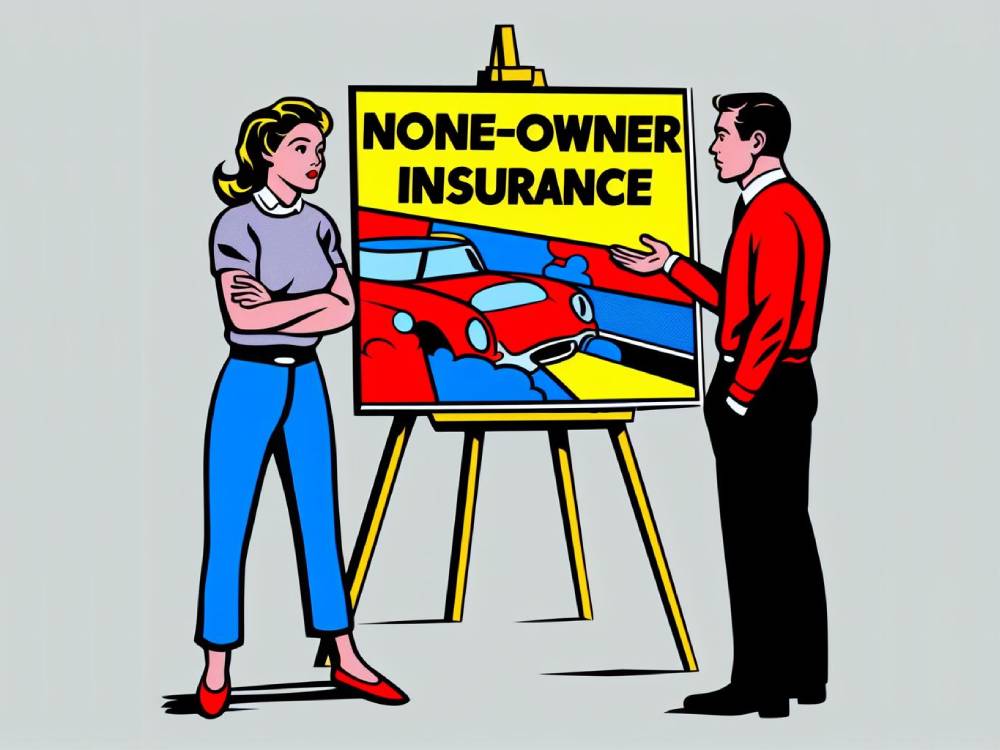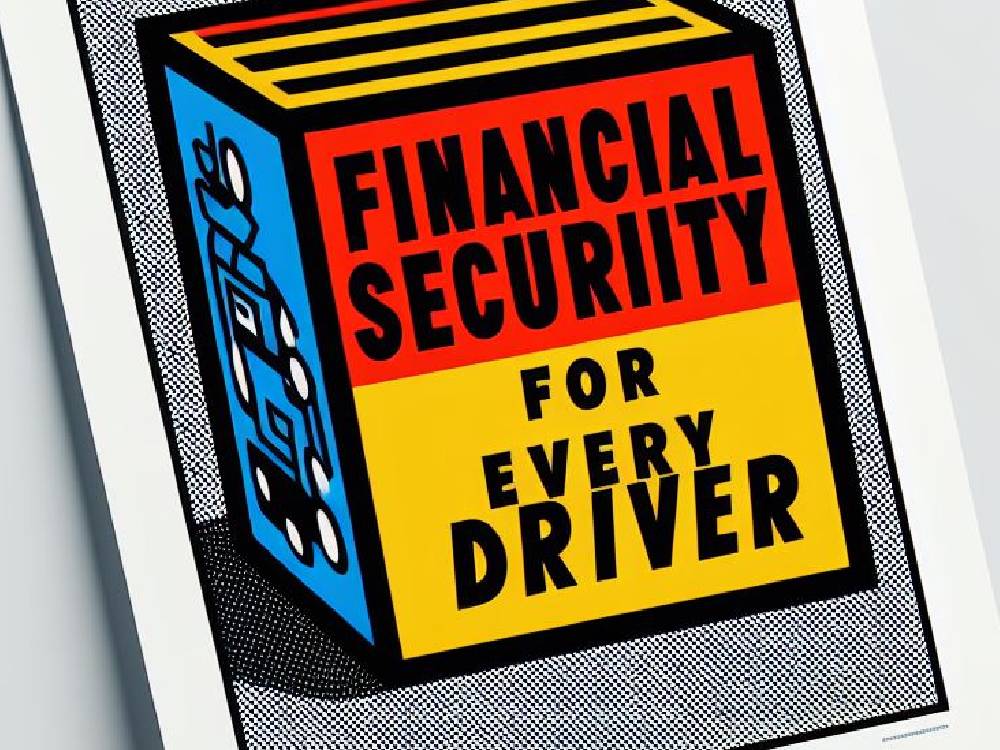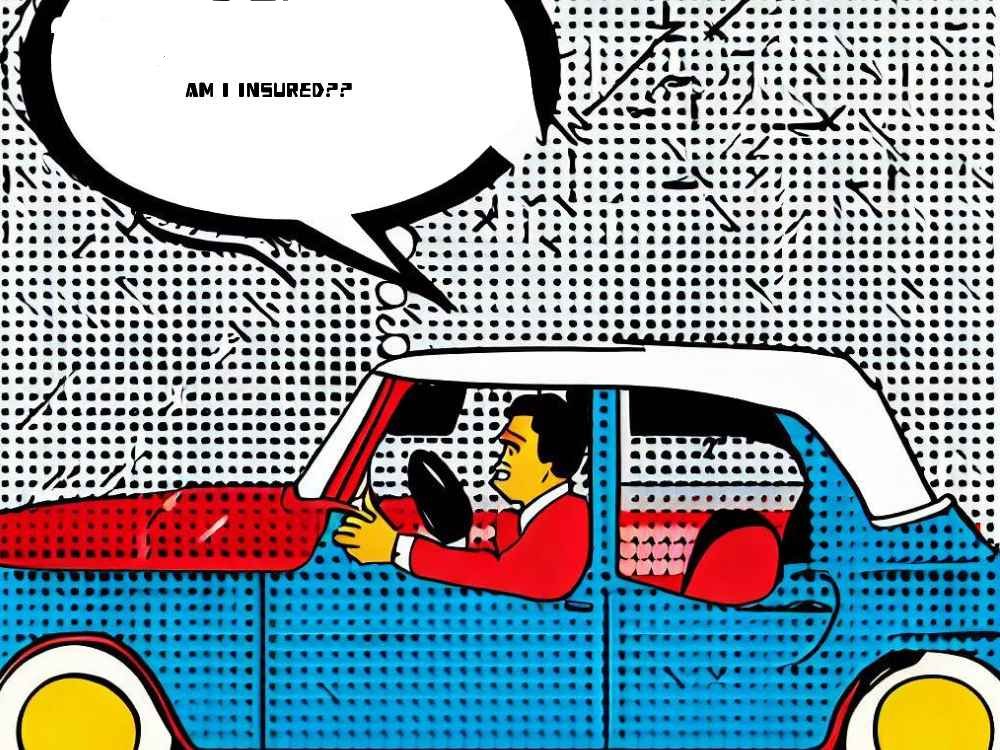Introduction
Non-Owner Insurance…
Delving into the intricacies of car insurance can seem daunting at first glance,
Especially when it entails arranging coverage for a vehicle that isn’t directly under your ownership.
Unexpectedly, this scenario presents itself with greater regularity in the UK than one might initially predict.
Therefore, this article intends to thoroughly investigate the nuances of non-owner car insurance, offering crucial guidance along the way.
Why is this important, you ask?
Because of this, whether you find yourself borrowing a friend’s car for a road trip or in need of insurance for a leased vehicle, gaining a comprehensive understanding of your options becomes crucial.
Here’s what we’ll cover:
- Understanding Non-Owner Car Insurance: What does it mean to insure a car you don’t own?
- Cost Implications: Why might this type of insurance cost more?
- Legal Ways to Get Insured: What avenues are available for getting insured on someone else’s car?
- Avoiding Insurance Fraud: How can you sidestep costly mistakes?
- Registered Keeper vs. Owner: What’s the difference, and why does it matter for insurance?
Placing a strong emphasis on clarity while aiming to engage our readers, we propose to jointly explore these topics in depth.
It is our objective to steer you through the complexities of non-owner car insurance in the UK, thereby offering a lucid direction ahead.
Shall we dive in?
Understanding Non-Owner Car Insurance
Non-owner car insurance emerges as a policy type many are unaware of.
It enables individuals to insure vehicles they don’t own, proving crucial for those who frequently borrow cars or have a car under a lease.
Unlike standard policies, non-owner insurance mandates upfront communication with your provider.
Why?
Because they must know the car’s ownership status.
For insights into related insurance situations, such as what a learner driver should have, I recommend visiting What Insurance Should a Learner Driver Have?.
Cost Implications For Non-Owner Insurance
Shifting our focus towards the aspect of expenses, securing insurance for a car you don’t own typically carries a more substantial cost.
Why, you might wonder?
Insurance firms view non-owner policies as carrying greater risk, based on the presumption that you might not be as acquainted with the vehicle, which could, in turn, lead to a higher likelihood of accidents.
This belief significantly impacts your insurance rates,
highlighting the critical need to scrutinize and compare various quotes.
For those curious about how leasing impacts insurance costs, our detailed exploration at Leased Car Insurance Costs is invaluable.
Getting Insured On Someone Else’s Car
Moving forward, you have several pathways to insure a car you don’t own.
You can purchase your own non-owner policy, become a named driver on the existing policy, or opt for temporary insurance.
Each option caters to varying needs, from regular use to occasional borrowing.
If you’re contemplating short-term coverage, our guide on One-Day Car Insurance is essential reading.
Legal Considerations And Avoiding Fraud
Now, let’s address a critical understanding: avoiding “fronting” is paramount.
Fronting, characterised as insurance fraud when the primary driver is not correctly identified, can result in significant penalties.
So, what’s the best strategy?
Consistently uphold transparency with your insurance provider to minimize potential risks.
For further emphasis on the importance of honesty, check out Insurance and Criminal Convictions.
The Registered Keeper vs. Owner
Finally, recognizing the difference between the vehicle’s registered keeper and its owner is crucial.
The registered keeper, responsible for the vehicle’s day-to-day use, might not necessarily be the outright owner.
This distinction significantly influences how insurance policies are crafted.
Need guidance on verifying your car’s insurance status?
Consider exploring Car Insurance Verification.
In conclusion, we’ve explored the foundational aspects of non-owner car insurance.
From understanding its scope to navigating legal and financial considerations, we’ve covered essential ground.
Armed with the right knowledge, ensuring you’re adequately covered, even when insuring a vehicle you don’t own, becomes much more straightforward.
Ready to learn more?
Join us as we continue to dive deeper into the specifics.
Evaluating Insurance Options
When it comes to choosing the right insurance option, the decision-making process can seem overwhelming.
But here’s the deal:
Evaluating your personal needs is the first step toward making an informed choice.
Consider factors like the frequency of use, the duration of the insurance period, and the level of coverage needed.
Why not compare quotes?
Doing so can help you find the best deal that fits your specific situation.
For a deeper dive into choosing the right insurance, our comprehensive guide on Comparing Car Insurance Options offers valuable insights.
The Impact On Non-Owner Insurance Premiums
Understanding how not owning the car affects insurance premiums is crucial.
Here’s something to ponder:
The level of risk perceived by the insurer plays a significant role in determining your premium.
Factors such as driving history, the car’s value, and where it’s kept can all influence the cost.
But here’s a silver lining:
Knowing these factors can empower you to negotiate better terms.
Interested in learning more about how premiums are calculated? Check out our article on Insurance Premium Calculations.
Navigating Challenges And Solutions
Facing challenges during the endeavor to insure a car you don’t own naturally forms an integral component of the process.
However, it’s worth noting that often, solutions prove to be more readily available than one might initially anticipate.
For example, obtaining extra documentation from the owner can effectively clarify ownership and usage intentions to insurers.
And remember:
Seeking advice from insurance experts can provide you with tailored solutions to unique challenges.
Conclusion
In wrapping up, grasping the intricacies of non-owner car insurance in the UK requires careful consideration of details and an engaged approach.
At this juncture, you ought to possess increased confidence in your capability to traverse this intricate terrain.
Yet, the exploration does not halt at this point.
Maintain your relentless pursuit of understanding, consistently engage with curiosity, and systematically explore the best insurance options that meet your specific needs.
Interested in further reading? Here are some additional resources to help you on your way:
Keep in mind,
Possessing knowledge equates to wielding power, particularly in the quest to secure the most suitable car insurance..
Keep learning, stay informed, and drive safely.








